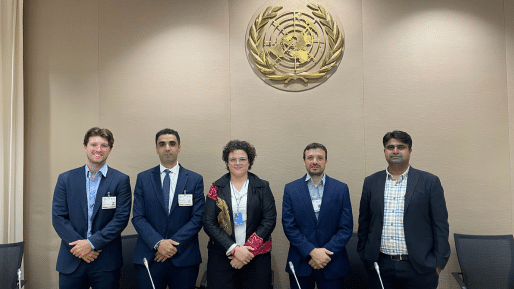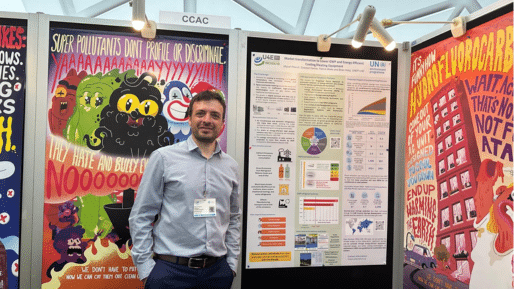UNEP’s United for Efficiency (U4E) initiative showcased its leadership in energy-efficient and climate-friendly cooling at the 47th Meeting of the Open-ended Working Group (OEWG47) of the Parties to the Montreal Protocol, held from 6 to 11 July 2025, at the United Nations Conference Centre in Bangkok. The event drew over 500 participants from governments, academia, industry, and civil society to address pressing global challenges related to refrigerants and cooling technologies.
U4E contributed to two high-level side events, presented key tools and guidelines, and maintained a strong presence throughout the week via bilateral meetings, a poster exhibit, and active participation in technical discussions.
Promoting Sustainable Data Centres and Servers
In the side event “Cooling Systems Emissions from Data Centres,” co-hosted by the Climate & Clean Air Coalition (CCAC) and the International Institute of Refrigeration (IIR), U4E presented its newly launched Sustainable Procurement Guidelines for Data Centres and Servers.
As digital infrastructure rapidly expands globally, emissions from cooling systems in data centres are becoming a significant concern. U4E’s guidelines provide technical requirements to help public and private institutions procure data centre systems that minimise energy consumption, reduce emissions, and adopt lower impact refrigerants, while also addressing water use and other environmental considerations.
The presentation was well received, particularly for its clear requirements in different areas, such as the selection of refrigerants, the cooling and total installation effectiveness and other key performance indicators used to increase sustainability criteria over time. Participants also expressed interest in the different cooling technologies, including liquid cooling.
Financing Sustainable Cooling Solutions
In another session, “Financing for Sustainable Cooling Technologies in Developing Countries”, U4E presented case studies from projects in Ghana, Rwanda, Senegal, Singapore, and Chile. These examples illustrated innovative financing mechanisms such as on-bill financing, wage-based repayment, and voucher schemes.
U4E also introduced its Life Cycle Cost and Emissions Tool, which helps public and private procurers to evaluate both the financial and environmental costs of cooling technologies, supporting more informed and impactful decisions.
“Once consumers understand that operating costs outweigh upfront purchase costs, they tend to favor investing in more energy-efficient products. In this sense, Life Cycle Cost (LCC) analyses empower them to make informed decisions by highlighting long-term savings,” said Miquel Pitarch, Energy Efficiency Policy Expert at U4E, who presented at the event. “The U4E LCC tool goes a step further by allowing users to include the external costs of emissions, assigning a monetary value to both direct and indirect environmental impacts. This not only promotes the adoption of more efficient appliances but also encourages the use of refrigerants with lower environmental impact.”
U4E Poster Exhibition
A dedicated U4E poster was displayed during the event, highlighting the growing challenge of rising energy consumption and emissions driven by the increasing demand for cooling appliances and equipment. It presented U4E’s integrated policy approach as a proven strategy to transform markets towards sustainability through the implementation of measures such as Minimum Energy Performance Standards (MEPS), energy labelling, and sustainable public procurement.
The poster also referenced U4E’s technical guidelines, which provide best-practice examples to support policy implementation. In addition, it showcased the potential energy and emissions savings quantified through U4E’s Country Savings Assessments (CSAs), illustrating the significant global impact that can be achieved by adopting effective energy efficiency and refrigerant policies.




Leave a Reply